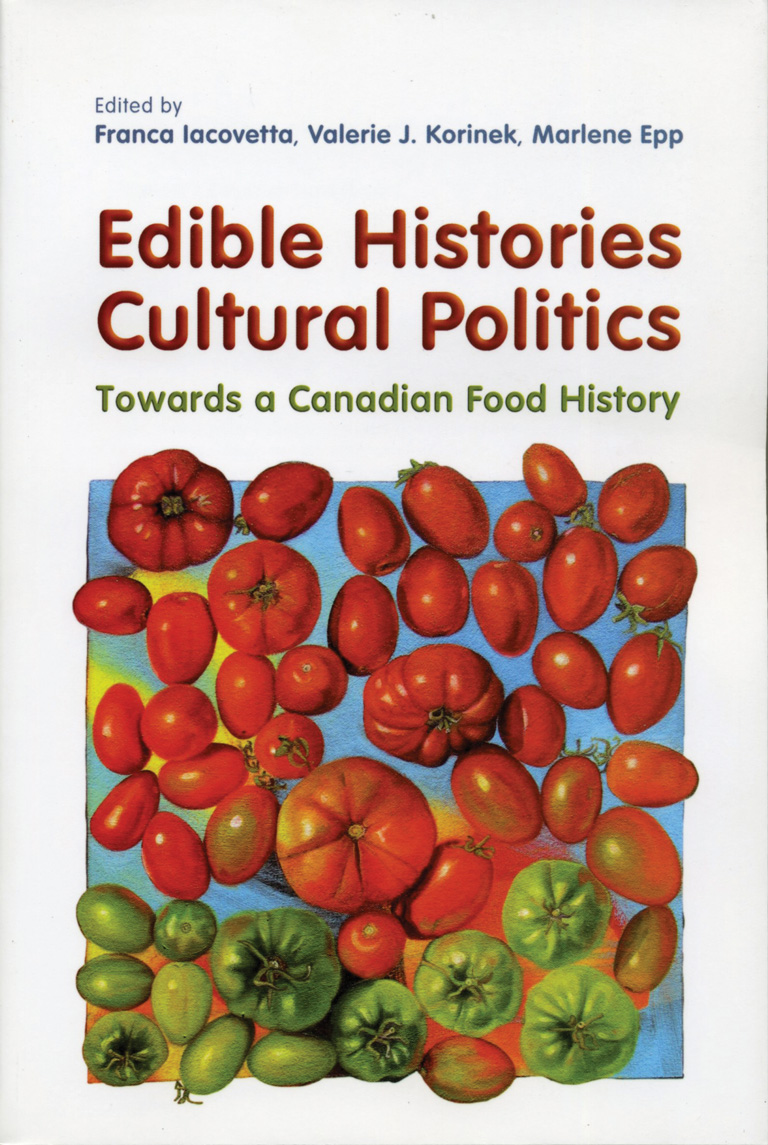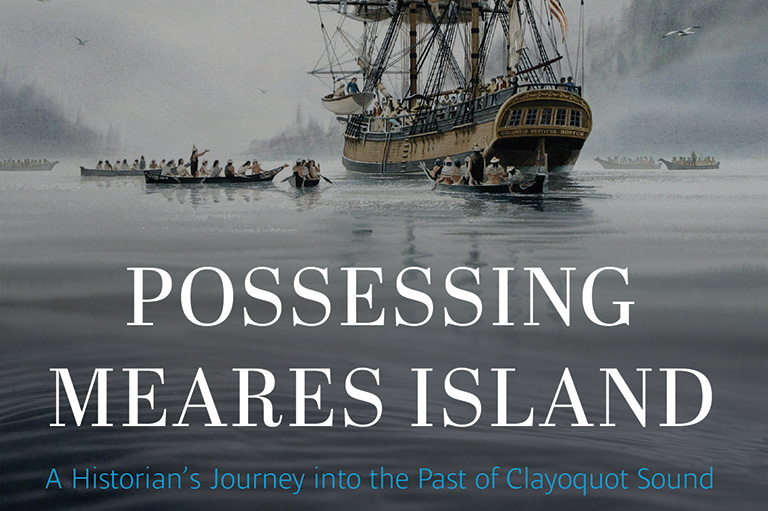Edible Histories, Cultural Politics

Edible Histories, Cultural Politics: Towards a Canadian Food History
Edited by Franca Iacovetta, Valerie J. Korinek, and Marlene Epp (editors)
University of Toronto Press, 2012
470 pages, $34.95
A double review with
French Taste in Atlantic Canada 1604–1758: A Gastronomic History
by Anne Marie Lane Jonah and Chantal Véchambre
Cape Breton University Press, 2012
201 pages, $29.95
Two recently published books on food history make for fascinating reading. The first, Edible Histories, Cultural Politics: Towards a Canadian Food History, is a collection of twenty-three essays that explore a wide variety of issues related to food history, extending well beyond the origins of foods or how they were prepared.
A prevalent theme throughout this scholarly work is cultural exchanges of food — first between Aboriginals and Europeans, and later across cultural groups. Articles examine how these exchanges have influenced Canadian identities.
Other essays touch on food politics: marketing campaigns to sell certain foods; protests against other foods; and government involvement in setting nutritional standards. It is a substantial book that accomplishes its vision of creating a basic primer to support a growing interest in Canada’s food history among academics as well as the broader public.
French Taste in Atlantic Canada is a bilingual book published by Parks Canada to commemorate the 300th anniversary of the Fortress of Louisbourg. It explores the history of Acadia from the first French encounters with Aboriginals and the Order of Good Cheer to rituals and customs for growing food and presenting it at the table.
The book includes an extensive number of recipes as well as a glossary for Acadian terms and a coupon for one free admission to Louisbourg that is good through November 2014. Whether or not you are planning a trip to Nova Scotia this year, Anne Marie Lane Jonah and Chantal Véchambre provide a fun and engaging tour of the Acadian kitchen.
Themes associated with this article
Advertisement




